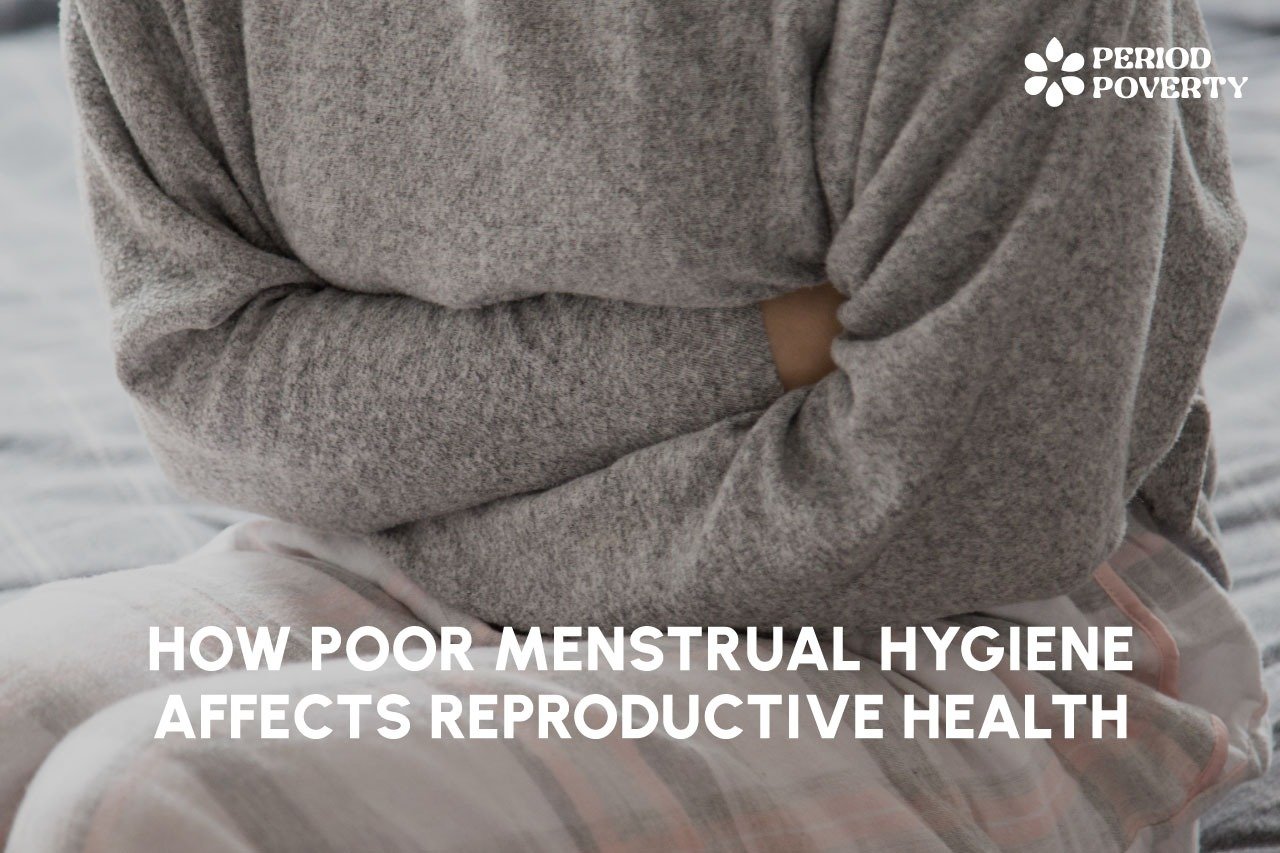Menopause is a natural biological process that marks the end of a woman’s reproductive years. It occurs when a woman’s ovaries cease to release eggs and produce lower levels of estrogen and progesterone hormones. Menopause is a significant milestone in a woman’s life, as it signifies the transition from fertility to a new phase of maturity. Understanding menopause is crucial for women’s health and well-being as it brings about various physical and emotional changes that can impact their daily lives. By having knowledge about menopause, women can better anticipate and manage the symptoms and seek appropriate medical care, ultimately promoting their overall health and quality of life.
Understanding Menopause
Menopause is a natural biological process that marks the permanent cessation of menstrual cycles in women. It is typically defined as the absence of periods for 12 consecutive months. Menopause occurs in three stages: perimenopause, menopause, and postmenopause.
Perimenopause: This stage precedes menopause and can last several years. It is characterized by hormonal fluctuations and irregular menstrual cycles. Women may experience symptoms such as hot flashes, mood swings, and changes in menstrual flow.
Menopause: Menopause is reached when a woman has not had a menstrual period for 12 consecutive months. It is usually confirmed retrospectively. The average age of menopause onset is around 51 years, but it can occur anywhere between the late 40s and early 50s.
Postmenopause: Postmenopause refers to the period after menopause. During this stage, hormone levels stabilize at lower levels, and menopausal symptoms may gradually decrease. However, women are still at risk for certain health conditions associated with menopause.
Hormonal changes during menopause have a significant impact on the body. The ovaries produce less estrogen and progesterone, leading to changes in various systems. These hormonal fluctuations can cause physical and emotional symptoms such as hot flashes, night sweats, vaginal dryness, mood swings, fatigue, and sleep disturbances. By understanding the stages of menopause, the age range for its onset, the hormonal changes involved, and the symptoms to expect, women can be better prepared to navigate this transformative phase and seek appropriate support and treatment options to manage their symptoms effectively.
Physical and Emotional Symptoms
Hot flashes and night sweats: Hot flashes are sudden feelings of intense heat, often accompanied by sweating and flushing of the face and upper body. Night sweats are hot flashes that occur during sleep, leading to excessive sweating and disrupted sleep. The exact cause of hot flashes is not fully understood, but hormonal changes and fluctuations are believed to play a significant role. Hot flashes can vary in frequency and intensity among women. Management strategies include dressing in layers, avoiding triggers like spicy foods and alcohol, maintaining a cool sleep environment, practicing deep breathing or relaxation techniques, and considering hormone therapy or other prescribed medications.
Irregular menstrual periods: During perimenopause, menstrual cycles may become irregular, with changes in the length, flow, and frequency of periods. This occurs due to fluctuating hormone levels and the decline in ovarian function. Women may experience shorter or longer cycles, skipped periods, heavier or lighter bleeding, or unpredictable timing of periods. It is essential to track menstrual changes during perimenopause and be prepared for potential variations in periods.
Vaginal dryness and changes in sexual health: Declining estrogen levels during menopause can lead to vaginal dryness, thinning of vaginal tissues, and decreased lubrication. These changes can cause discomfort, pain during intercourse (dyspareunia), and a reduced desire for sexual activity. Using water-based lubricants, staying sexually active, and discussing concerns with a healthcare provider can help manage vaginal dryness and maintain sexual health.
Mood swings, irritability, and emotional changes during menopause: Hormonal fluctuations during menopause can impact mood and emotions. Women may experience mood swings, irritability, anxiety, or feelings of sadness or depression. These emotional changes can be attributed to hormonal shifts as well as other factors like lifestyle changes, stress, and sleep disturbances. Strategies to manage mood swings and emotional well-being include maintaining a healthy lifestyle, seeking support from loved ones or support groups, practicing stress-reduction techniques (such as exercise, meditation, or counseling), and considering hormone therapy if appropriate.
Sleep disturbances and strategies for improving sleep quality: Menopause can disrupt sleep patterns, leading to difficulties falling asleep, staying asleep, or experiencing restful sleep. Hormonal fluctuations, night sweats, and other menopausal symptoms can contribute to sleep disturbances. Strategies for improving sleep quality include practicing good sleep hygiene, managing hot flashes and night sweats, and considering relaxation techniques or medication options if necessary.
It’s important to remember that every woman’s experience with menopause can be different. Consulting with a healthcare provider is recommended to discuss specific symptoms and develop an individualized management plan.
Long-Term Health Considerations
Bone health and the increased risk of osteoporosis during and after menopause: Estrogen plays a crucial role in maintaining bone density, and the decline in estrogen levels during menopause increases the risk of osteoporosis. Osteoporosis is a condition characterized by weakened bones, making them more prone to fractures. It is important for women to prioritize bone health through adequate calcium and vitamin D intake, weight-bearing exercises, avoiding smoking and excessive alcohol consumption, and discussing with a healthcare provider about bone density screenings and potential treatments or supplements.
Heart health and the importance of cardiovascular care: After menopause, women become more susceptible to cardiovascular diseases. Estrogen, which has protective effects on the heart, decreases during menopause. It is essential for women to focus on maintaining a healthy lifestyle, including regular physical activity, a balanced diet low in saturated fats and cholesterol, managing blood pressure and cholesterol levels, not smoking, and maintaining a healthy weight. Regular check-ups and discussions with healthcare providers can help monitor heart health and manage any potential risks.
Weight management and metabolism changes: Metabolic changes occur during menopause, and many women may experience weight gain or shifts in body composition. Decreased estrogen levels can contribute to an increase in abdominal fat. Engaging in regular physical activity, adopting a well-balanced diet, including strength training exercises, and maintaining a healthy weight can help manage weight changes and support overall health during menopause.
Effects of menopause on breast health: Menopause can bring changes in breast health. Breasts may become less firm or dense, and women may experience breast discomfort or changes in breast size. It is important for women to continue practicing breast self-exams and to undergo regular mammograms as recommended by healthcare providers to monitor breast health and detect any potential abnormalities.
Increased risk of certain health conditions (e.g., diabetes, certain cancers): Menopause is associated with an increased risk of developing certain health conditions. Women may have a higher risk of developing type 2 diabetes due to metabolic changes and weight gain. Additionally, the risk of certain cancers, such as breast, ovarian, and endometrial cancer, may increase after menopause. Regular check-ups, screenings, and discussions with healthcare providers are essential for early detection, prevention, and appropriate management of these conditions.
Coping Strategies and Lifestyle Adjustments
Good nutrition plays a vital role in managing menopausal symptoms and supporting overall health. Consuming a balanced diet rich in fruits, vegetables, whole grains, lean proteins, and healthy fats. Regular exercise offers numerous benefits during menopause, including improved mood, weight management, enhanced bone health, and increased energy levels. Menopause can bring about increased stress levels. Adopting stress management techniques can help alleviate symptoms. Menopause can be an emotional and challenging time. Seeking social support and maintaining healthy relationships can offer comfort and understanding. It’s important to remember that individual experiences with menopause may vary, and it’s crucial to find coping strategies that work best for each person. Seeking guidance from healthcare providers or specialists can provide personalized advice and support for managing menopausal symptoms effectively.
Throughout this journey, we encourage women to seek support, prioritize self-care, and embrace the changes that menopause brings. Remember, you are not alone in this transition, and with the right information, support, and mindset, you can navigate the menopausal journey with empowerment and inspiration. Take charge of your health, embrace self-discovery, and embrace the transformative phase of menopause as a time of growth and newfound vitality.






